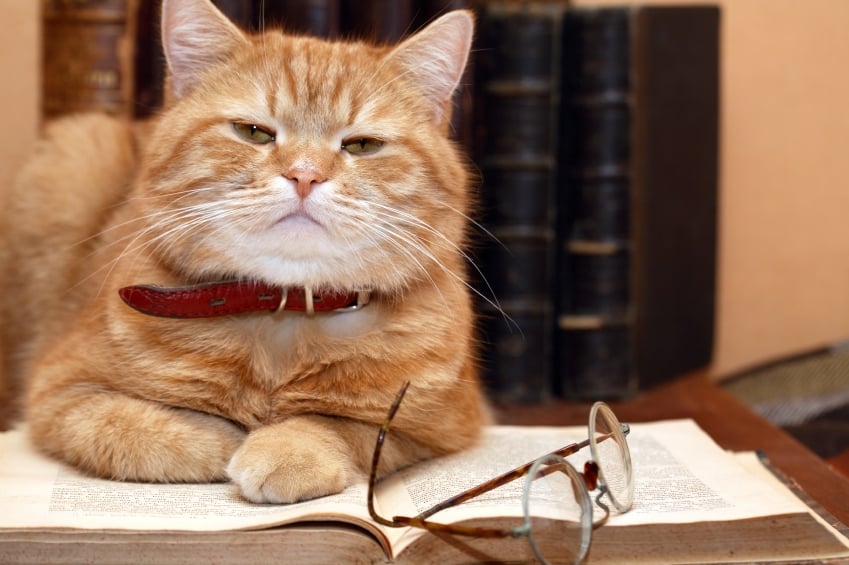Gentle Reminder: Review Your *!%# Contracts
Tips and Tools | Learning | Funding | Resources | Work | Gentle Reminder
To some, making art and reviewing contracts are like oil and water—they don’t mix. In reality, many working artists will at some point engage in a binding agreement with another person or party for a gig, sale, commission, fiscal sponsorship, grant award, exhibition, or collab. But I suspect I’m not the only artist who feels like an imposter when I “review” my contracts. How can I possibly protect myself or my work, without legal training or expertise?
Whether you’re reading a contract for the first time, writing one yourself, or updating an existing one, there are some essential ingredients available to working artists who are hungry for knowledge. And just like trying a new dish, the process of reviewing a legal agreement can actually be creative and the end result should be satisfying. Let’s get cooking 🔥
Note: the information provided in this article does not, and is not intended to, constitute legal advice. When in doubt, we recommend reaching out to a legal professional. Here’s a resource to get you started.
why we care about contracts (and you should too)
Picture this: you just produced a once-in-a-lifetime documentary with a group of trusted collaborators and screened it at the hottest new venue in town. The credits start rolling, and you’re over the moon. But the next morning, you wake up to find that clips from the documentary were uploaded to Youtube by the venue’s manager, and your team can’t agree on whether it’s an issue. Like cooking without an oven mitt, situations can get hot, fast, when you’re creating something without a contract.
Creative projects are by their nature, creative, and artists are experts at incorporating unexpected twists and turns into their creative process. But this doesn’t mean that we don’t need guardrails, expectations, and shared agreements to bring creative work to life. In fact, this kind of structure can actually infuse your work with clarity and ease, because everyone has agreed to some individual boundaries and mutual obligations (like payment). Without a contract, you could end up in a “till death do us part” situation, when you’re actually looking for a temporary, limited collaboration with another person or party.
back to the basics
You’ve probably noticed that most agreements follow a similar structure and include the same, mysterious phrases, but it’s hard to know what it all means. I find it helpful to think of a contract as a (legally binding) recipe for a project or relationship. You know what you’re getting out of it (4 servings), everyone agrees on the conditions (425 degrees, 2 hours of your day), and everyone agrees on what happens if those conditions aren’t met (the cake doesn’t get baked). Here’s a classic contract recipe:
|
|
Who's Who: A contract should clearly state who's involved - that's you, the artist, and the other party, like a venue, client, collaborator, or grantor. Like a hearty vegetable stock, naming all the legal entities involved in an agreement is a fundamental first step in cooking up a contract. |
|
|
What's the Job: Sometimes referred to as “scope of work,” a list of responsibilities or deliverables is a common component in contracts. In the case of fiscal sponsorship, for example, the fiscally sponsored project agrees to submit an annual report. |
|
|
Show Me the Money: Compensation terms are the foundation of a work agreement. This part talks about how much you'll get paid, when, and how. It's all about making sure you (actually) get compensated (in a timely manner) for your labor. PSA: “exposure” does not put food on the table. |
|
|
Who Owns What: Intellectual property rights might sound complex, but it's basically about who gets to own, use, and maybe even make copies of your artwork. If you don’t want your grandparent’s secret kimchi recipe to end up on TikTok, it’s worth putting that in writing. |
|
|
Breaking Up: If a contract term is broken, does the party that broke it have to do anything to fix it? Do you have to return funds? Like the sad exchange of belongings after a breakup, this part is ~not~ fun and occasionally expensive. |
|
|
Parting Ways: Termination conditions are the rules for ending the contract. Maybe the contract has simply run its course, or something just didn’t work out—this part tells you how you can part ways without too much drama. |
Of course, our recipe is just a starting point—different situations may call for additional clauses, sections, and addendums. For the extra-artsy stuff, look out for clauses about reproduction rights (who can make copies of your work) and exhibition terms (where, when, and how your work will be shown). To make a long story short, reviewing contracts requires slow, careful work. It’s not the time to make assumptions or wild guesses, so don’t be afraid to get curious and ask questions!
a living, breathing document
I was today years old when I learned that contracts are living documents that we can and should revisit regularly. Negotiation usually happens at the beginning of a formal relationship, but in real life, humans (and other entities, like businesses) often go back to square one to renegotiate terms and responsibilities. This can manifest as something called an amendment. It’s similar to everyday kitchen arrangements: you may initially agree to do dishes while the other party does the cooking, but obviously revisit this arrangement if life circumstances change (e.g. your hands are getting too dry).
The living, breathing nature of contracts also means that contract management is ongoing, everyday work. Keeping records of your time, understanding your rights, and being aware of deadlines and deliverables is like tending to the contents of your fridge: checking the oat milk stockpile, tossing out the moldy yuca, and billing your roommates for shared groceries.
bringing in an expert
Cooking for a small group of friends is one thing, but catering a wedding for 300+ people is something else. Similarly, there are plenty of situations where close reading a contract and Googling the terms can get the job done, but serious creative work can also sometimes require legal advice. Complex contracts, multi-year gigs, licensing agreements, or deals with investors, to name a few.
In those situations, a lawyer can be an invaluable resource for avoiding pitfalls, negotiating terms, and setting your work up for long term protection. Since lawyers are often only licensed to practice in certain jurisdictions, a quick Google search for “art lawyers near me” or “volunteer art legal advice” may be your first step. For example, the first result that popped up in my feed was a Volunteer Lawyers for the Arts program serving Massachusetts and Connecticut. A special shout out to my coworkers past and present, who assembled a list of legal resources for artists, organized by state. A legal cornucopia!
99 problems but a creative contract ain’t one
If you’re beginning to wonder if “scope of work” or “intellectual property rights” is just fancy lawyer-speak for familiar, everyday questions, you’re not alone. Many of us are already familiar with the core, creative questions—who’s who, how much, what’s mine, what’s yours—but the white page and the unfamiliar terms can make you second guess yourself. Approaching contracts with confidence and curiosity can go a long way, and tending to them continually will keep your creative process safe and sound. When in doubt, contact a lawyer ;-)
You and I both know your art is the hottest thing on the block, so let’s make sure we handle it with oven mitts and review our *!%# contracts.
In the Gentle Reminders series, we provide working artists with essential and convenient reminders for the care and maintenance of a nimble and flourishing creative practice. If your art is a garden, this series is about the continual weeding, watering, and easily forgotten tending it requires. If you’ve been avoiding your artist statement, website, or digital clutter, we’re here to gently remind you why they matter.
About Vicky Blume
Vicky Blume lives in Austin, Texas with her cat and partner. She co-leads the unparalleled External Relations team here at Fractured Atlas. In her artistic practice, Blume builds interactive websites, animations, and installations that offer calming and consensual alternatives to the Attention Economy.


